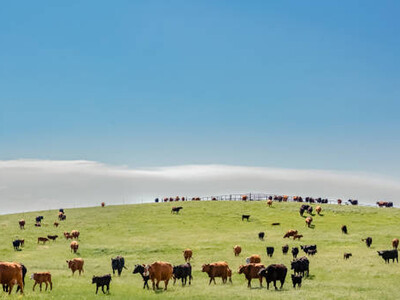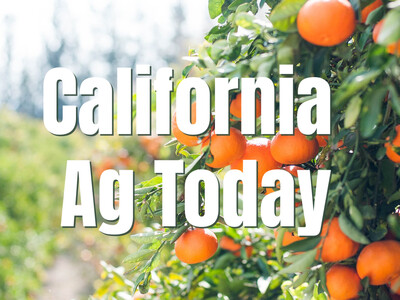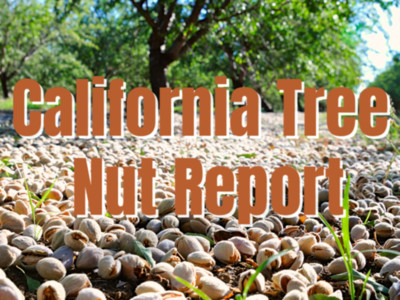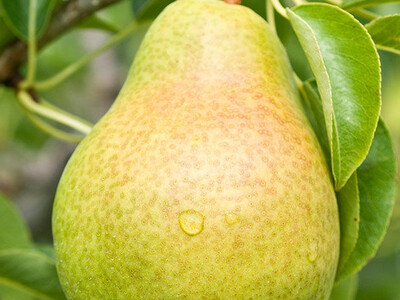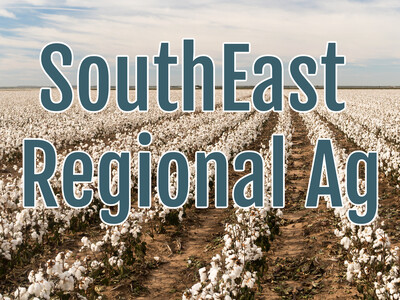Forest Health Management
Forest Health ManagementI'm Lacy Gray with Washington Ag Today.
On May 19 on Mercer Island and May 28 in Olympia the Washington State Department of Natural Resources and WSU Extension will be conducting forest health workshops focusing on eastern Washington forest health issues. DNR Forest Health Specialist Chuck Hersey.
HERSEY: It's an opportunity for landowners to get a sense of what some of the major forest health issues are out there - what they can do about it to reduce the risk and what resources are available to help them.
The two main destructive insects to be discussed at the workshops are the western spruce budworm and the pine bark beetle.
HERSEY: Western spruce budworm likes to feed on the foliage of Douglas fir. Over the last 100 years or so through excluding fire and reducing active management there's a lot more Douglas fir and true fir trees than there would be if fires were cycling through, so we've built up a lot more food for them. When there's a lot more food they're going to build their populations and do more damage. Pine bark beetles like dense forests with weakened trees that they can penetrate and attack. When trees are overstocked and they're competing for a limited amount of water they become stressed and don't have enough energy to adequately defend themselves.
These conditions have led to the "Forest Health Hazard Warning" issued for eastern Washington by the Commissioner of Public Lands, which will be covered at the workshops.
HERSEY: The technical advisory committee and identified a couple of areas one in Okanogan and Ferry county and one down in Klickitat/Yakima county so we cover what they went through in their analysis and why they decided to recommend a warning area there. There's forest health issues across a lot of eastern Washington, especially in the eastern Cascades, but a lot of that area is federal lands that are really restrictive of your management options and so we wanted to focus on areas where something could actually be done.
That's Washington Ag Today.
I'm Lacy Gray on the Ag Information Network.








